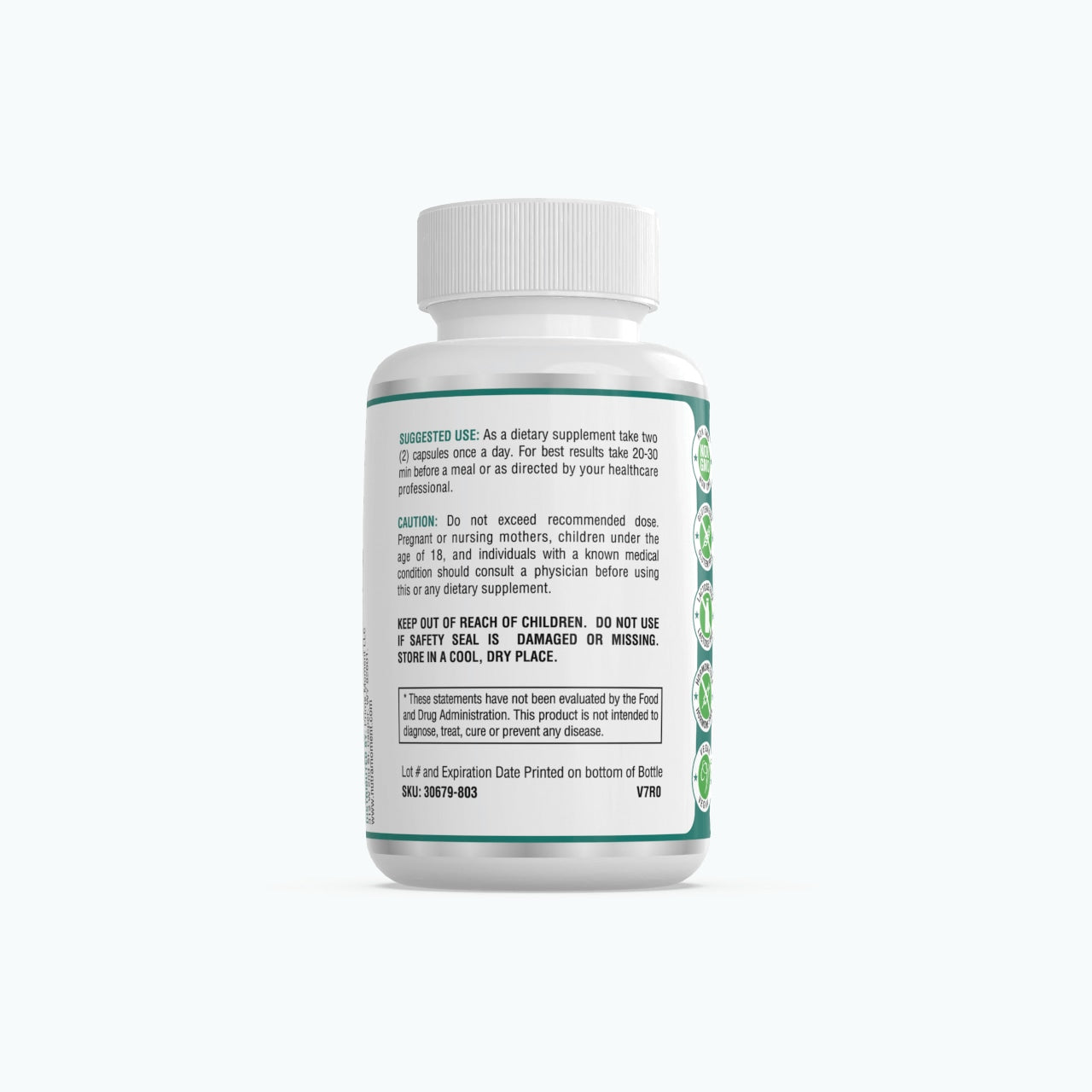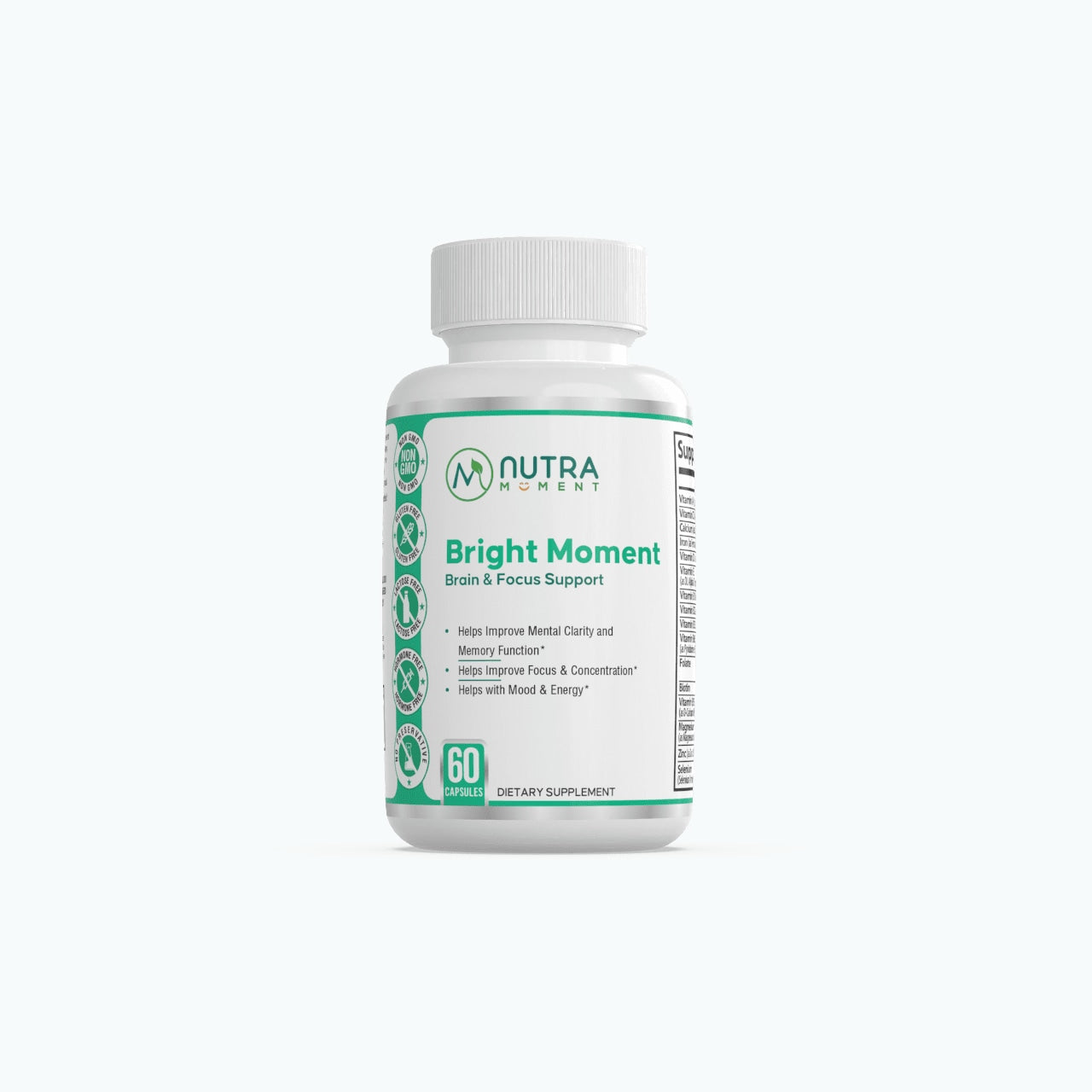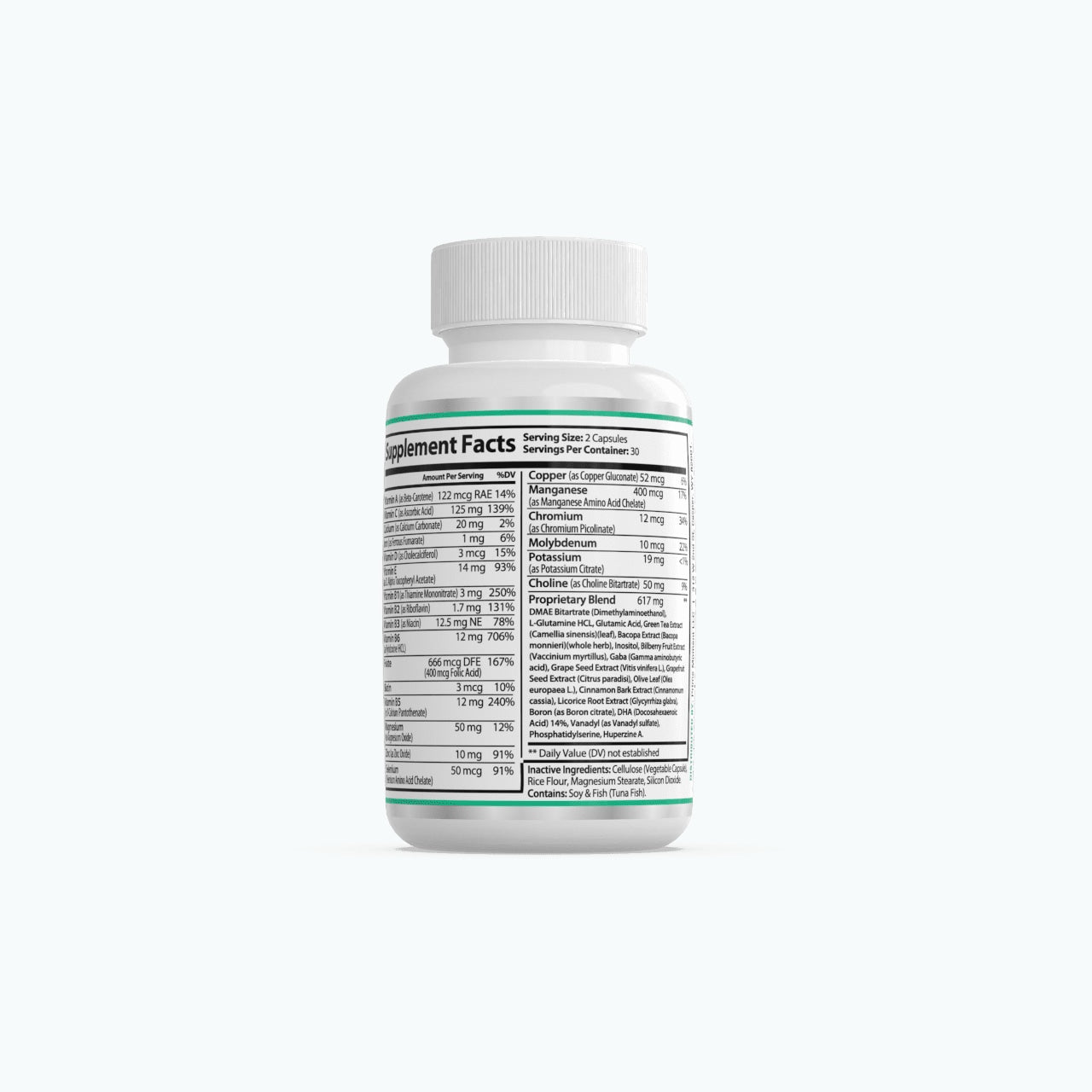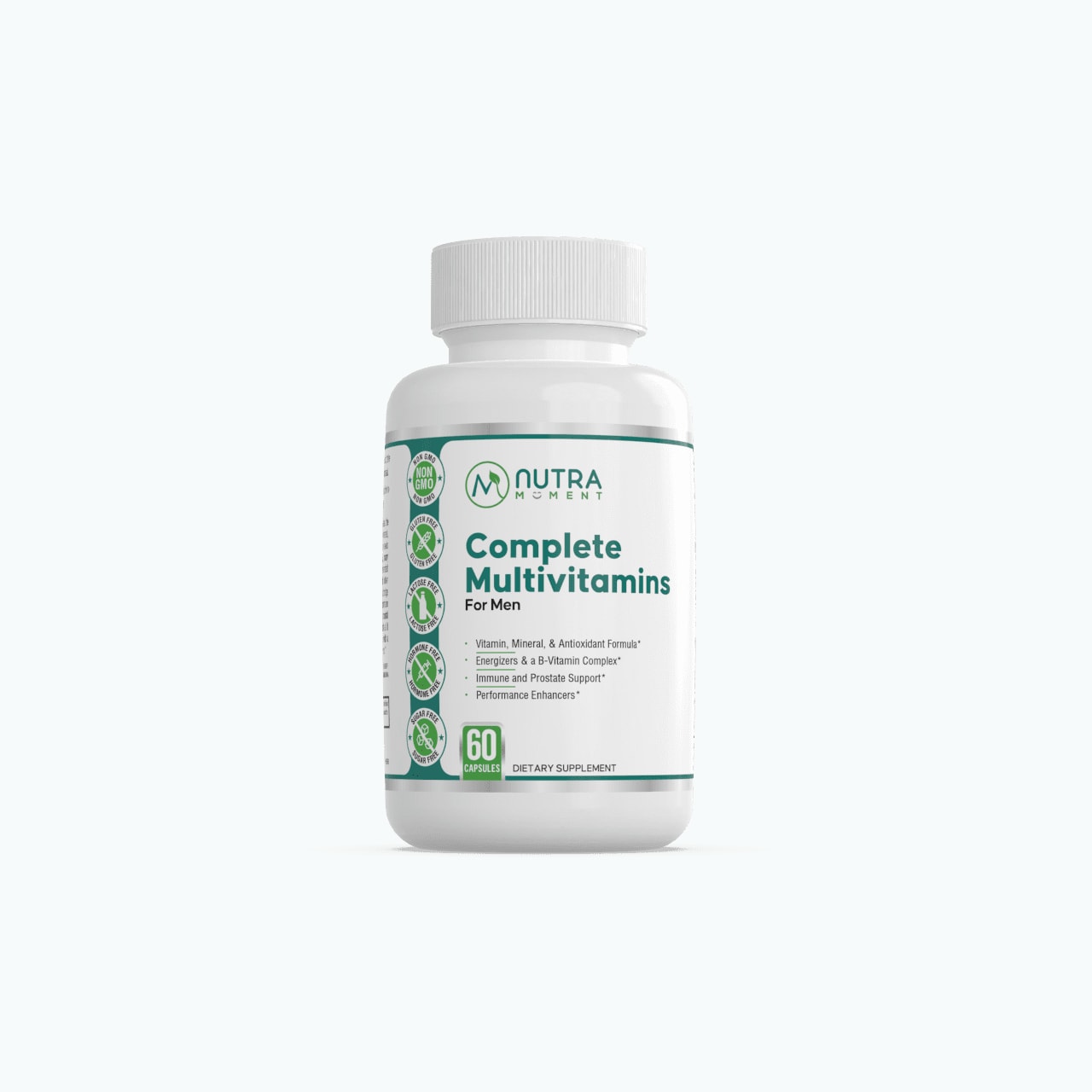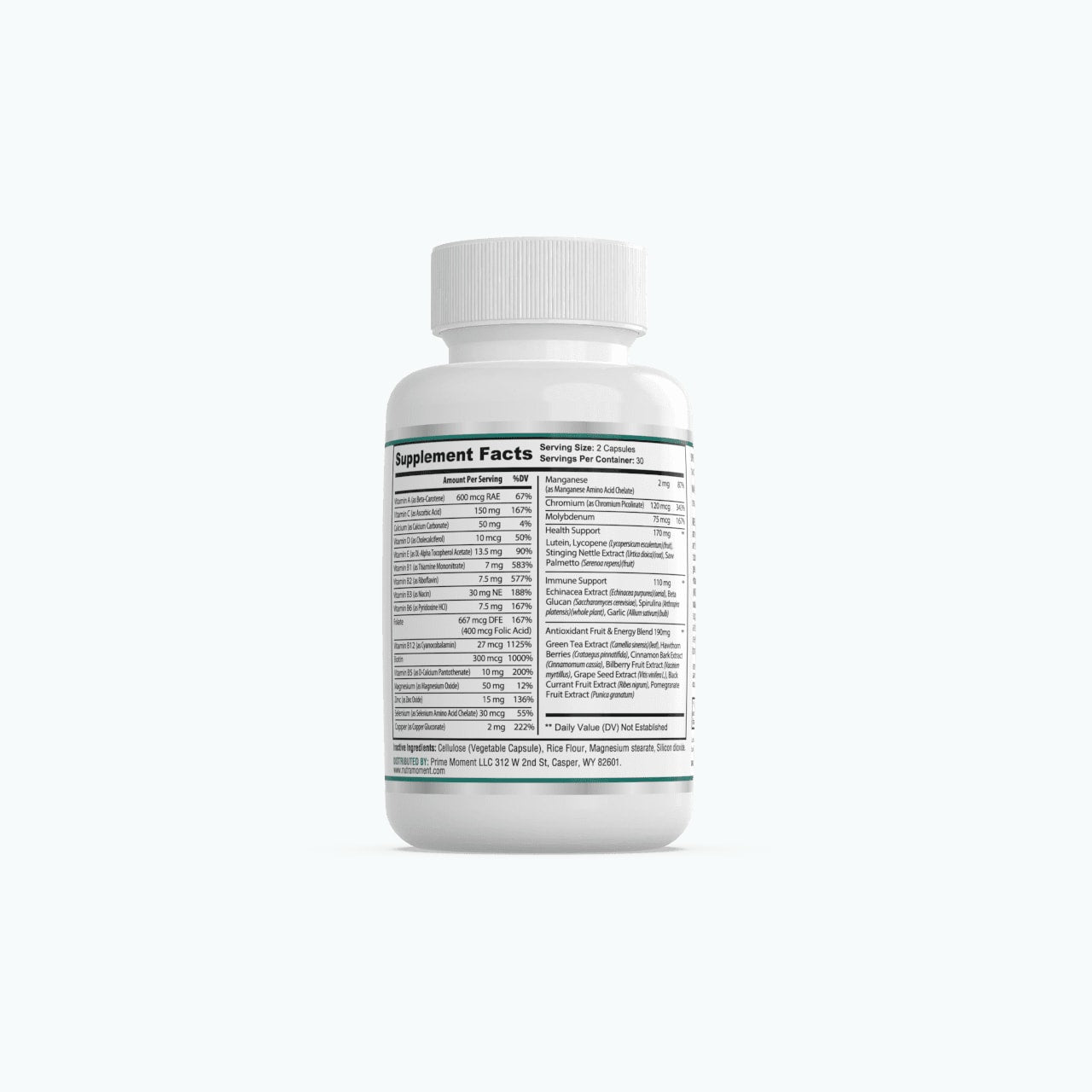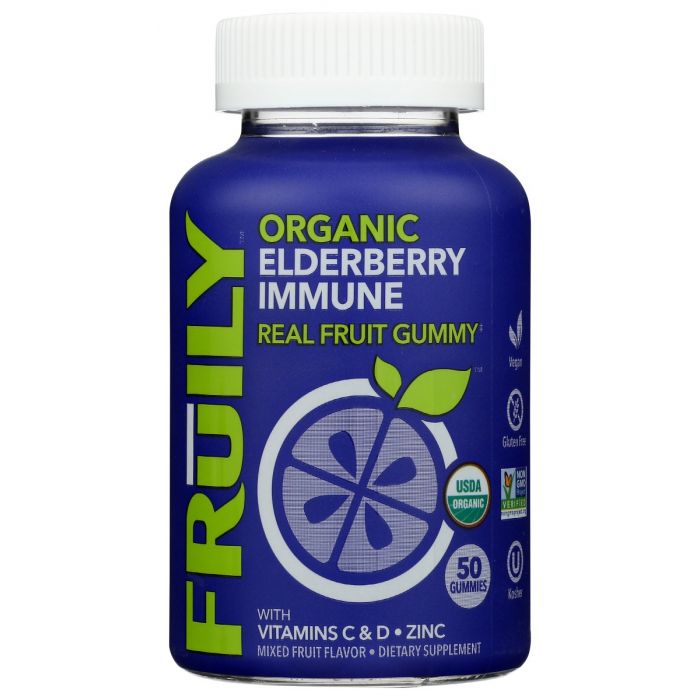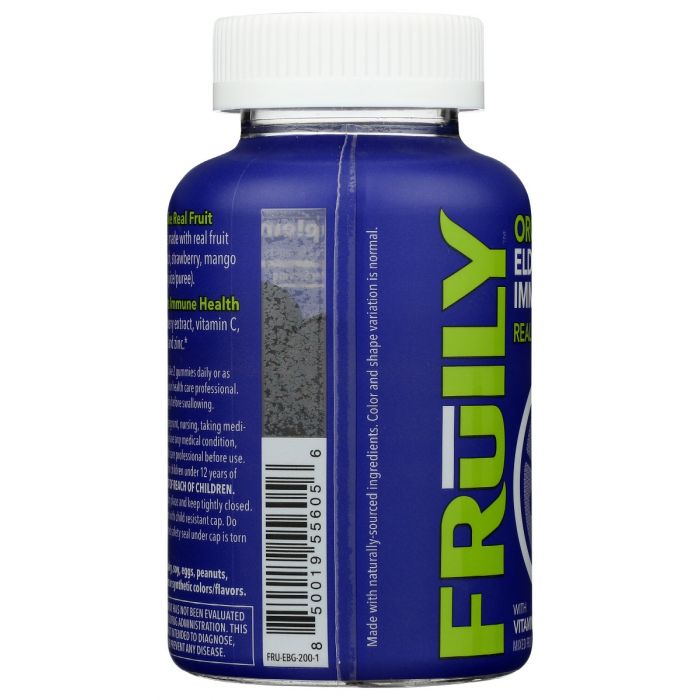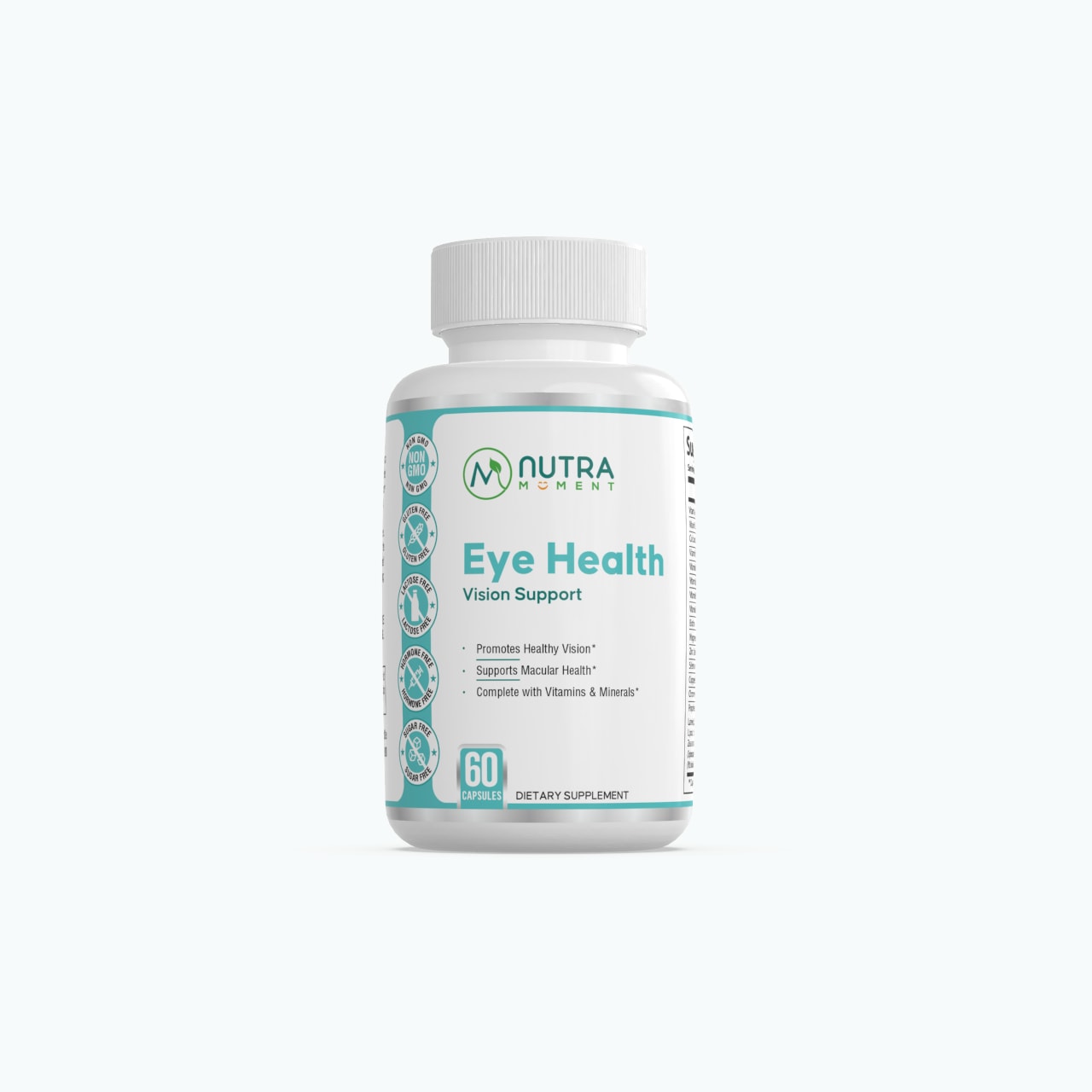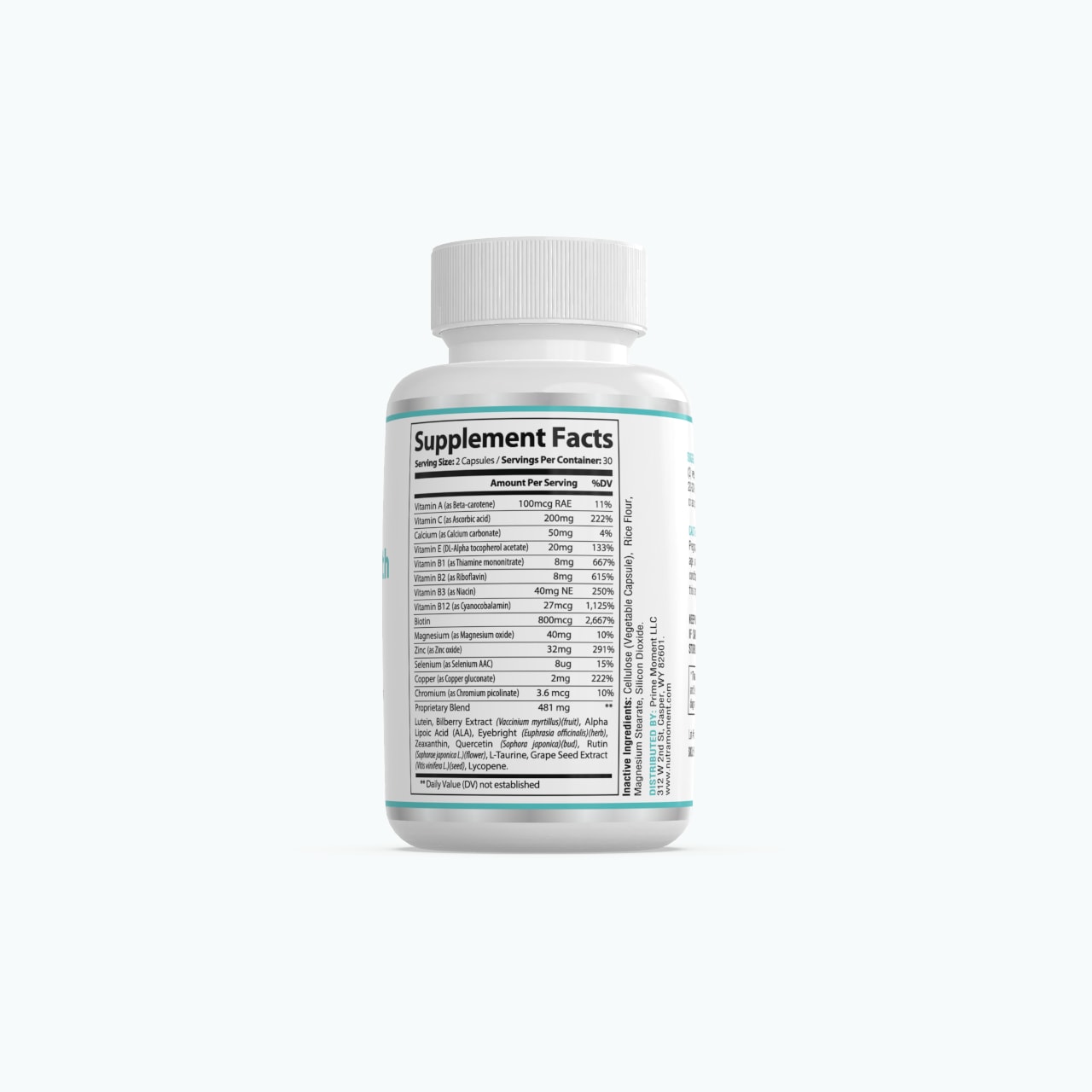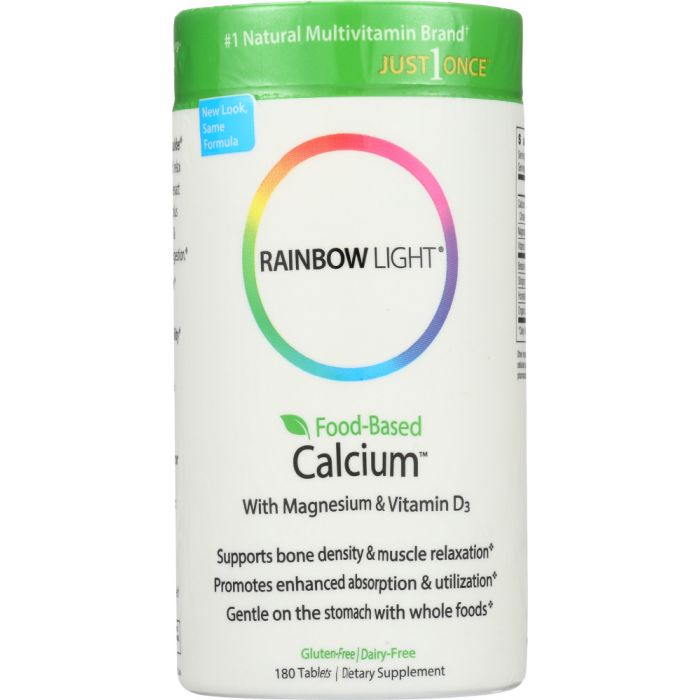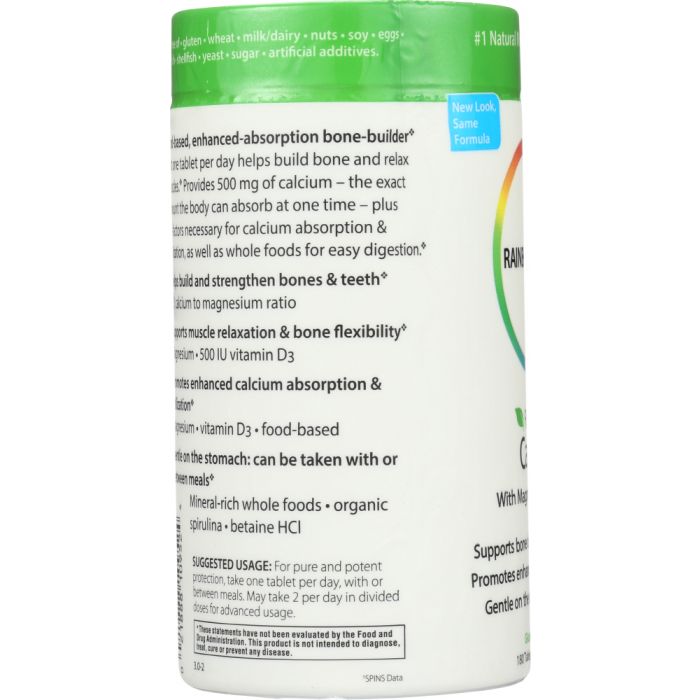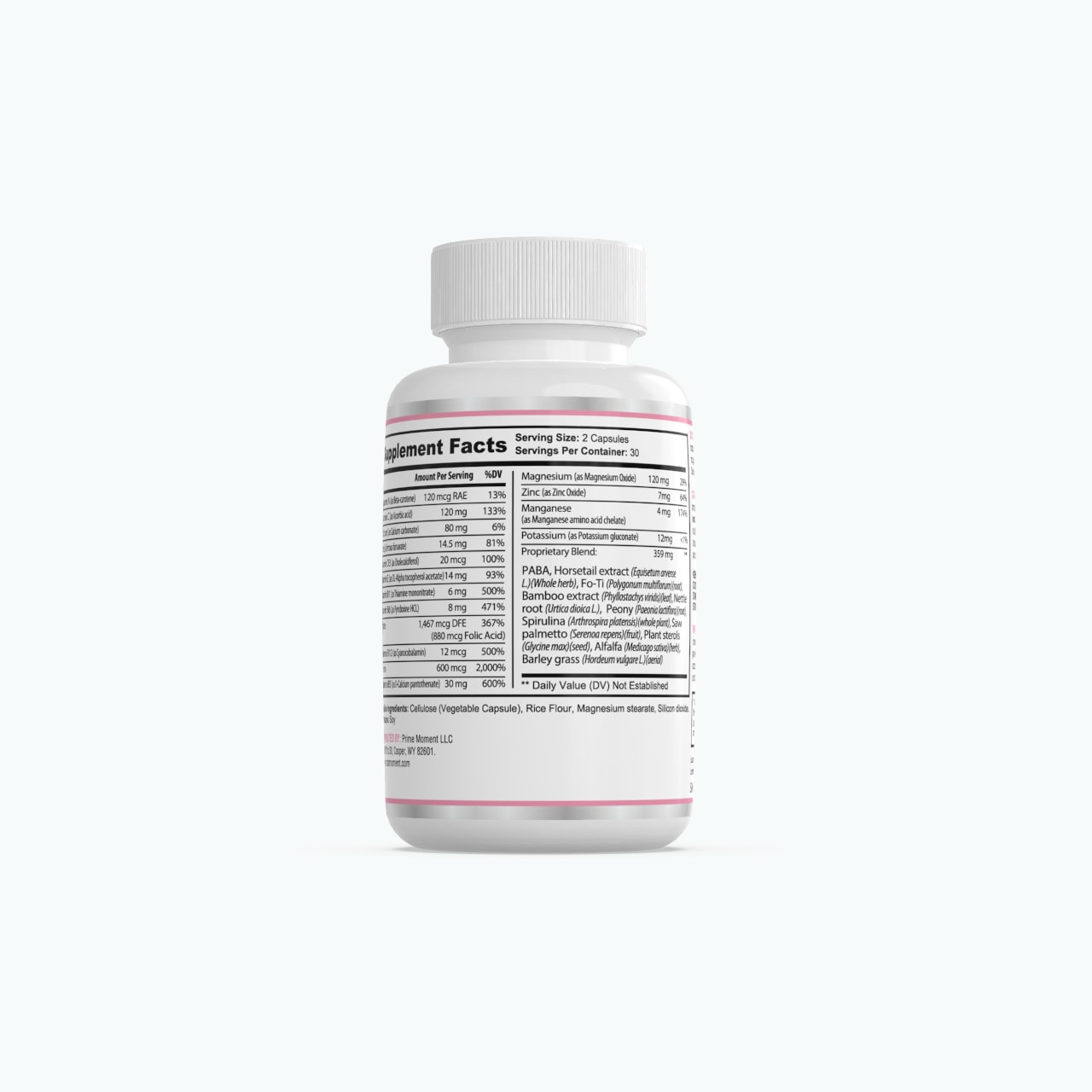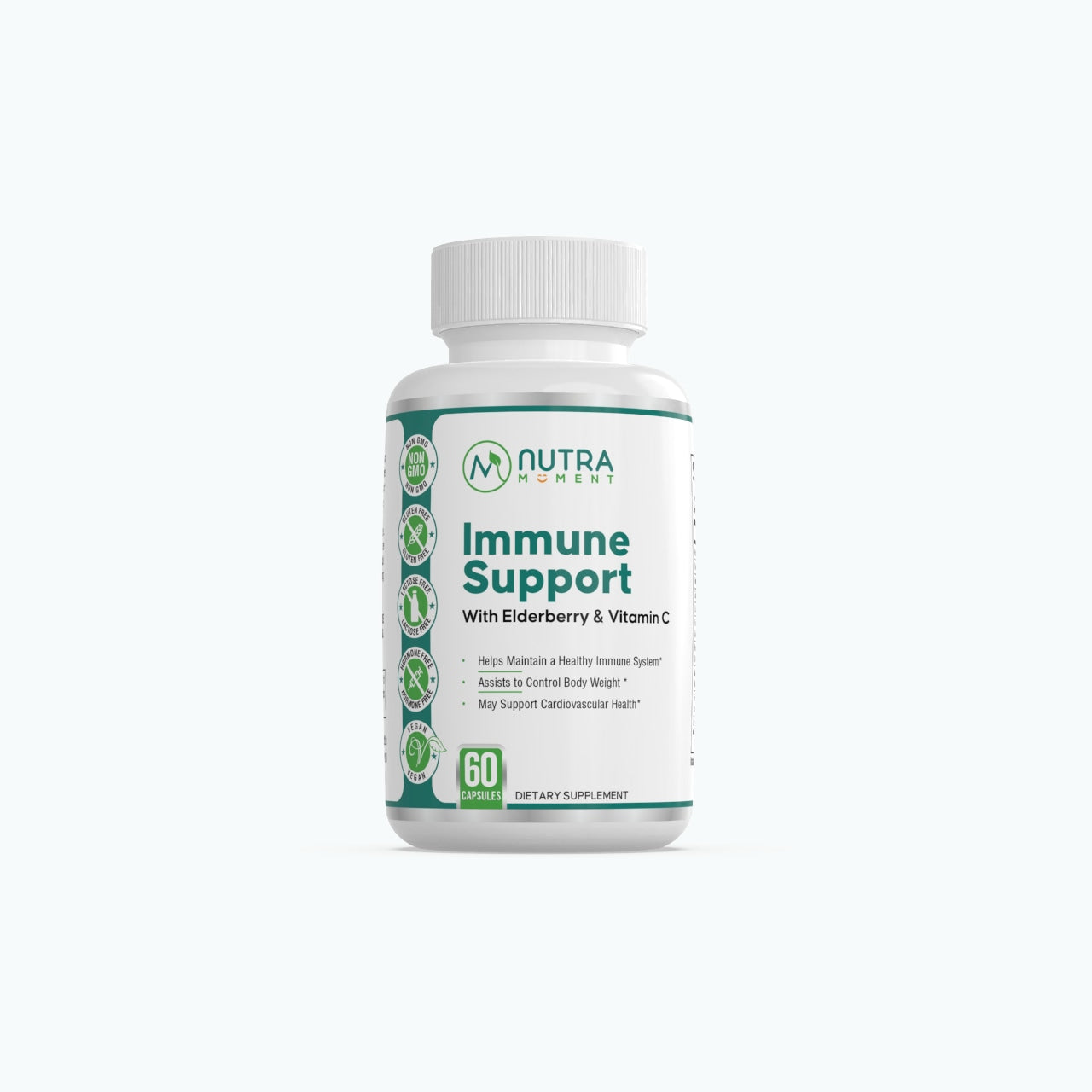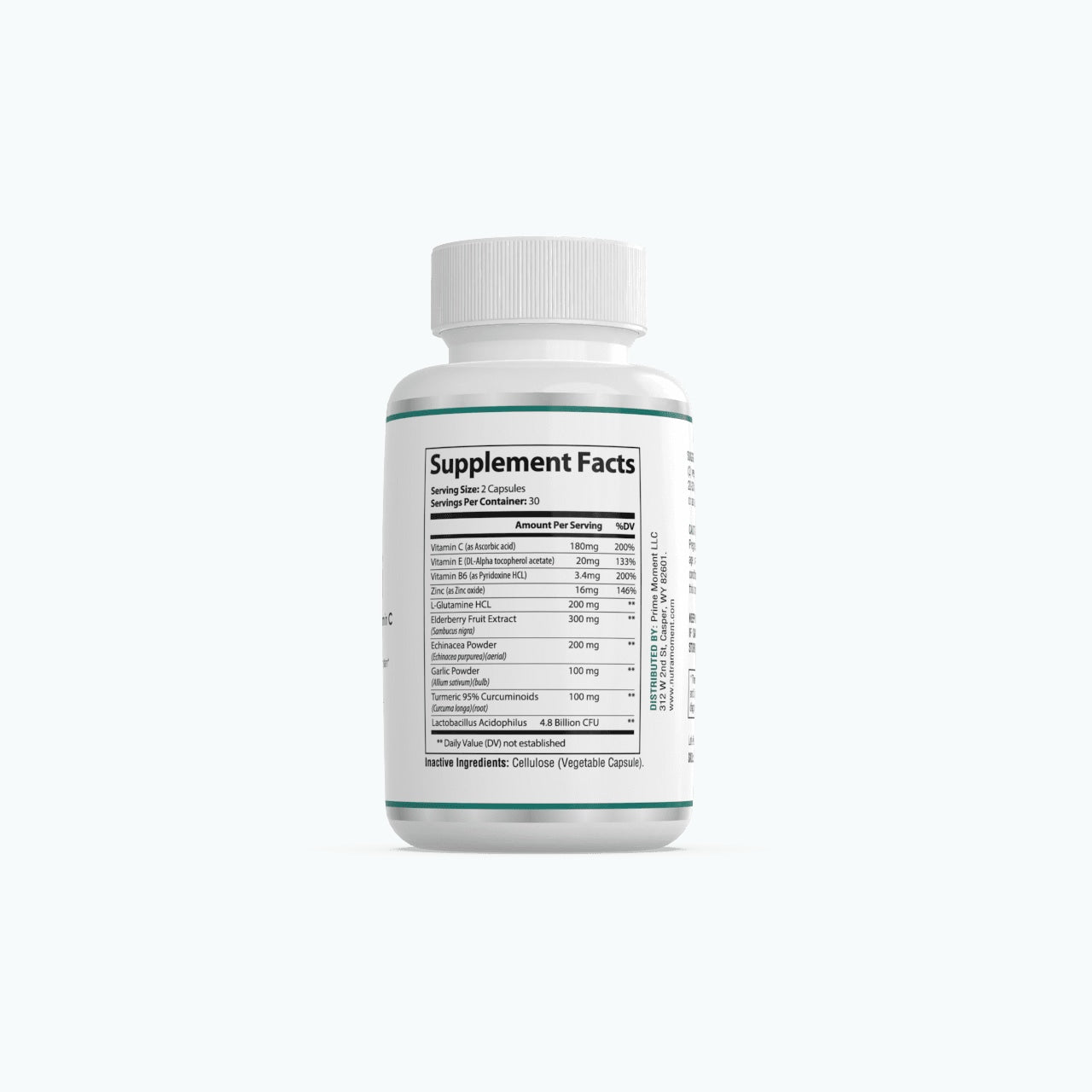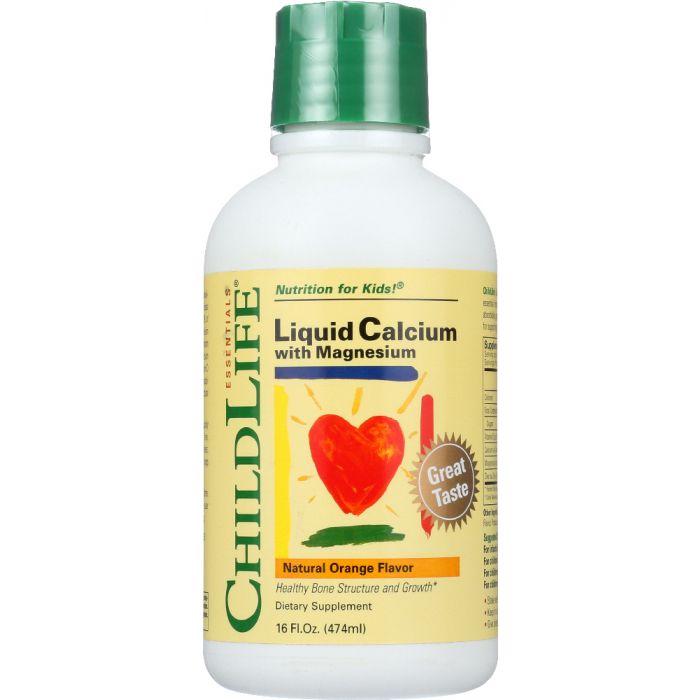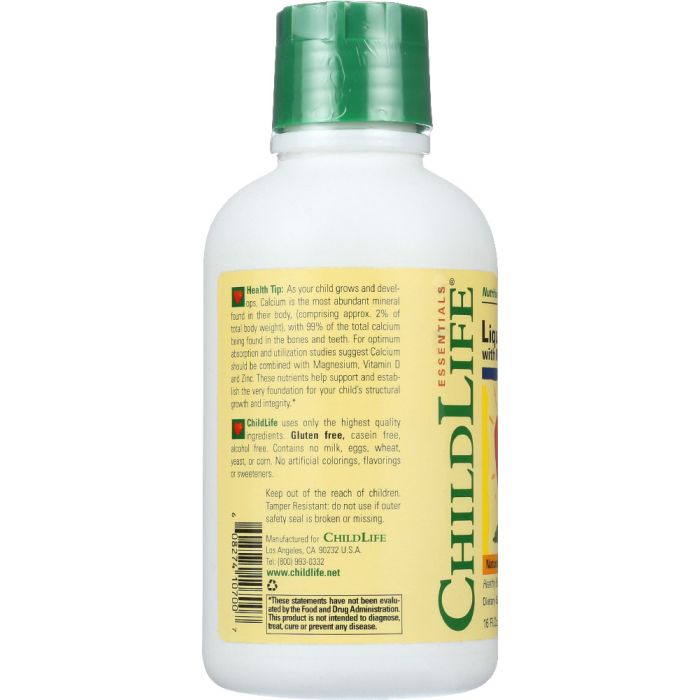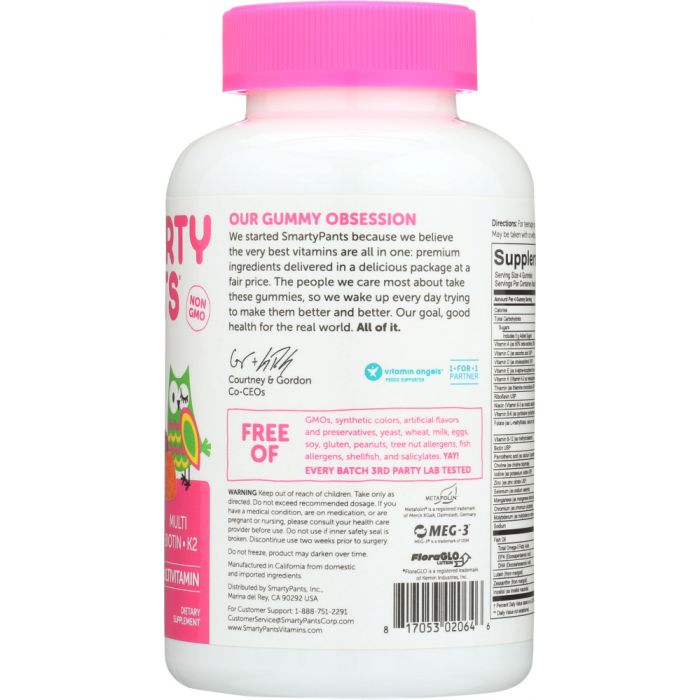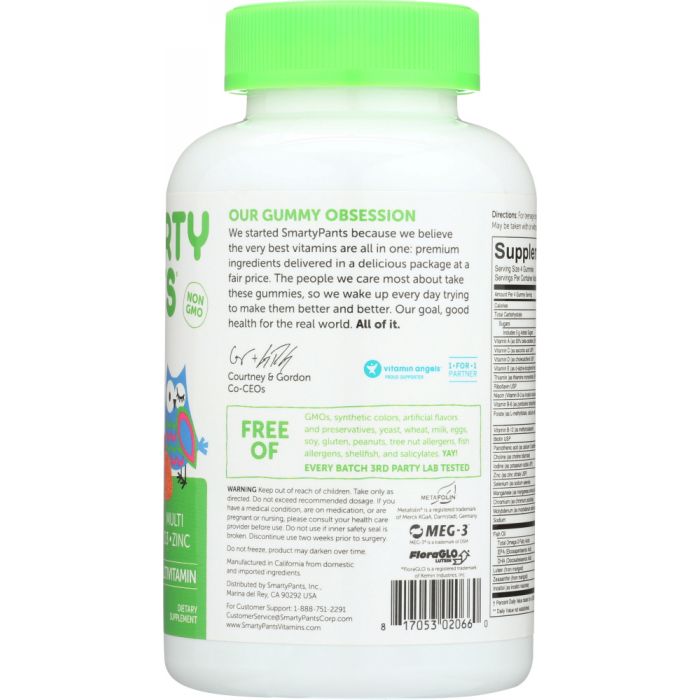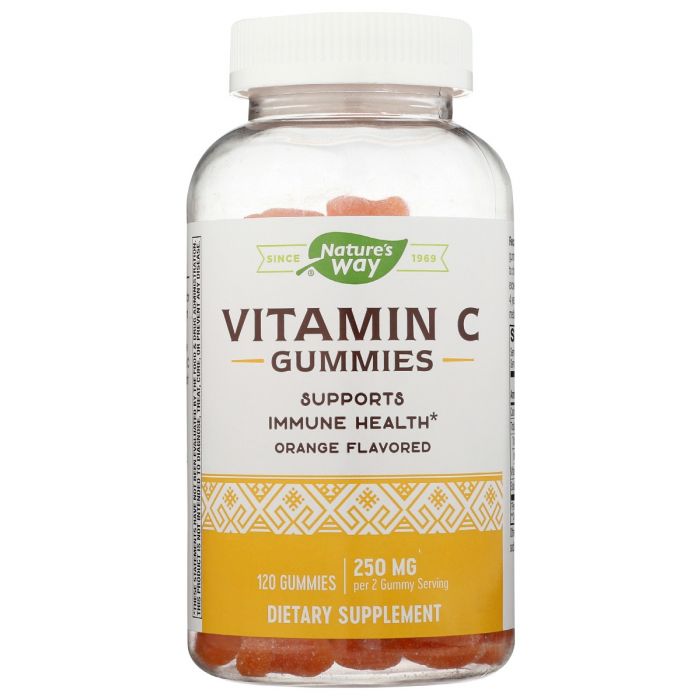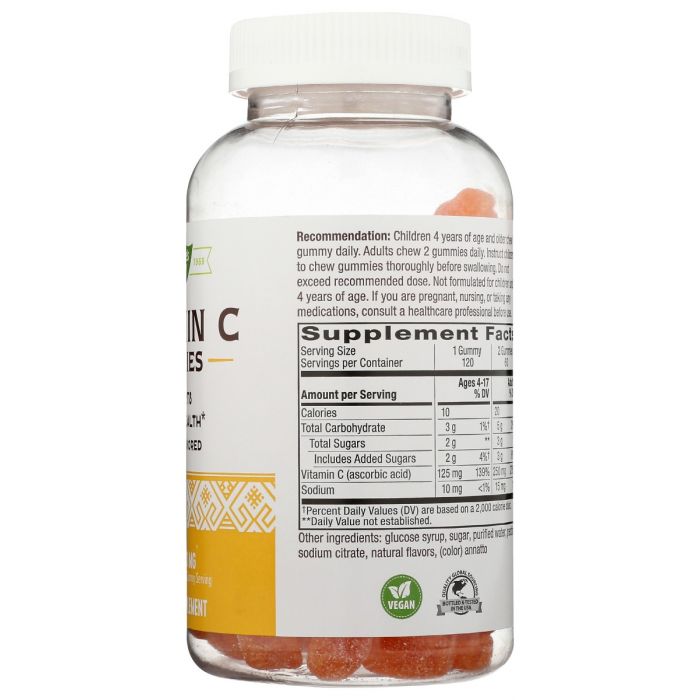Showing 1–12 of 18 results
What are Vitamins?
Vitamins are organic substances that each of us needs. Vitamins help us stay healthy and alert. Vitamin deficiency can lead to impaired metabolism and poor health. We suggest taking care of yourself, and your body and ensuring that you get as many vitamins as your body needs on a daily basis.
Vitamins help fight fatigue for those looking for energy at work. As you already know, preparations containing minerals and vitamins that increase overall tone, vitality, and alertness will help you overcome fatigue and gain strength.
Vitamins are divided into:
1. soluble in fat (A, D, E, F, K),
2. soluble in water (B1, B2, B5, B6, B9, B12, B13, B15, C, H, P, PP).
Vitamin A is a water-insoluble vitamin, the body needs fat to absorb it, as well as a certain amount of protein and minerals. We need this vitamin because:
1. promotes good vision, protects against visual impairments;
2. increases resistance to respiratory infections;
3. protects and preserves healthy outer layers of skin;
4. strengthens bones;
5. Helps maintain healthy hair, teeth, and gums.
High levels of vitamin A are found in yellow and orange vegetables and fruits, as well as in many berries and herbs. For example carrots, apricots, squash, spinach, and parsley. Vitamin A is also found in products of animal origin: liver, fish oil, butter, egg yolks, whole milk, and cream.
Vitamin D – solar energy stimulates the production of vitamin D3 in the skin, which is then transported to the liver and kidneys, where it is converted to active vitamin D. We need this vitamin because:
1. adjusts bone growth, which is important for the formation of the musculoskeletal system and the prevention of rickets in children and adults;
2. Accelerates the healing process of bone tissue after various injuries, such as fractures;
3. Prevents osteoporosis and helps to maintain normal levels of calcification.
Vitamin D is found in the following foods: red and fatty seafood and dairy products: butter, milk, cheese, and more.
B vitamins are a group of water-soluble vitamins that play an important role in cell metabolism and improving the body’s functions. We need this vitamin because:
1. each vitamin has its own biological value;
2. all vitamins in this group ensure the normal functioning of the nervous system and are responsible for energy metabolism;
3. maintains a normal digestive system, increases resistance to stress;
4. Helps stabilize blood sugar.
B vitamins are found in the following foods: whole grains, meat, eggs, potatoes, pasta, white bread, brewer’s yeast, nuts, green leafy vegetables, liver, and more.
Vitamin C or ascorbic acid – means water-soluble substances. Vitamin C does not accumulate in the body and must be taken with food on a daily basis. The main function of vitamin C is to provide reliable protection for the immune system.
We need this vitamin because:
1. strengthens immunity;
2. helps to heal wounds and burns faster;
3. Accelerates post-operative healing;
4. lowers blood cholesterol;
5. protects against many viral and bacterial infections;
6. Acts as a natural laxative;
7. helps to treat colds.
The highest content of vitamin C is in wild roses, sea buckthorn, black currant, cabbage, and peppers of various colors. Traces of this vitamin can also be found in vegetables such as green onions, potatoes, garlic, cucumbers, radishes, and green peas.
Biotin (Vitamin H) – helps the body absorb proteins that are involved in energy production, and glucokinase synthesis, which is needed to stimulate glucose metabolism and normalize blood glucose levels.


